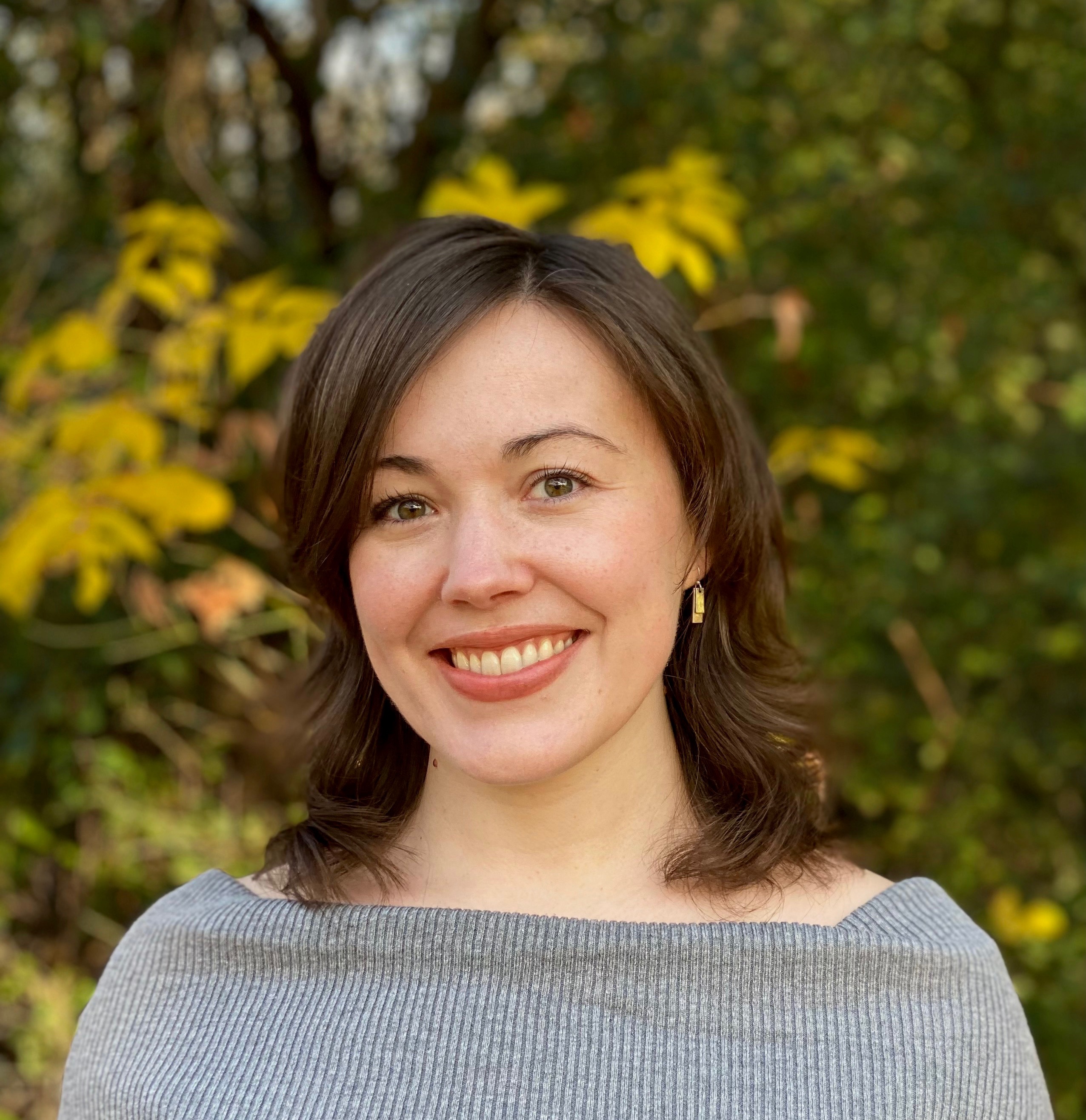
Biography:
Megan MacGregor is a joint PhD Candidate in Anthropology and the Conceptual and Historical Studies of Science (CHSS). Her research is situated in the anthropology of science, technology, and medicine, and is broadly concerned with how biomedical knowledge production comes to characterize health and illness. Her dissertation project uses multisited ethnographic and archival methods to explore how the microbiome gets produced as a scientific, therapeutic, and discursive object.
Project Title: Modern Microbiomes: Dysbiosis, Health, and Therapeutics in Global Microbiome Science
Abstract:
Genomic methods of understanding microbes as ecosystems have generated the concept of the microbiome, a term that typically refers to the combined microorganisms within a given environment—often the human body. Increasingly, microbiome scientists argue that out-of-balance, or “dysbiotic,” microbial ecosystems result in a range of metabolic, developmental, and immune disorders associated with “Westernization” or “industrialization.” These arguments posit that modern life—including processed and low-fiber diets, more time indoors, and antibiotics—threaten biodiversity not only in external environments, but also the microbial environments within people’s bodies, and that this reduced microbial biodiversity affects human health. Using mixed ethnographic methods, my study examines how scientists in the United States and Mexico understand, map, and diagnose healthy and unhealthy microbiomes, asking how they locate and narrate modernity and industrialization in human bodies. As transnational and globally-oriented scientific research increasingly defines microbiome science among other scientific disciplines, it is crucial to understand the transnational processes through which scientific knowledge circulates. By engaging ethnographically with the scientific idea of “dysbiosis” in multiple perspectives, this study will shed light on how ideas about race, nation, and global power dynamics inform understandings of industrialization, modernity, and the relationships between unstable modern environments and human health.
 THE UNIVERSITY OF CHICAGO
THE UNIVERSITY OF CHICAGO

